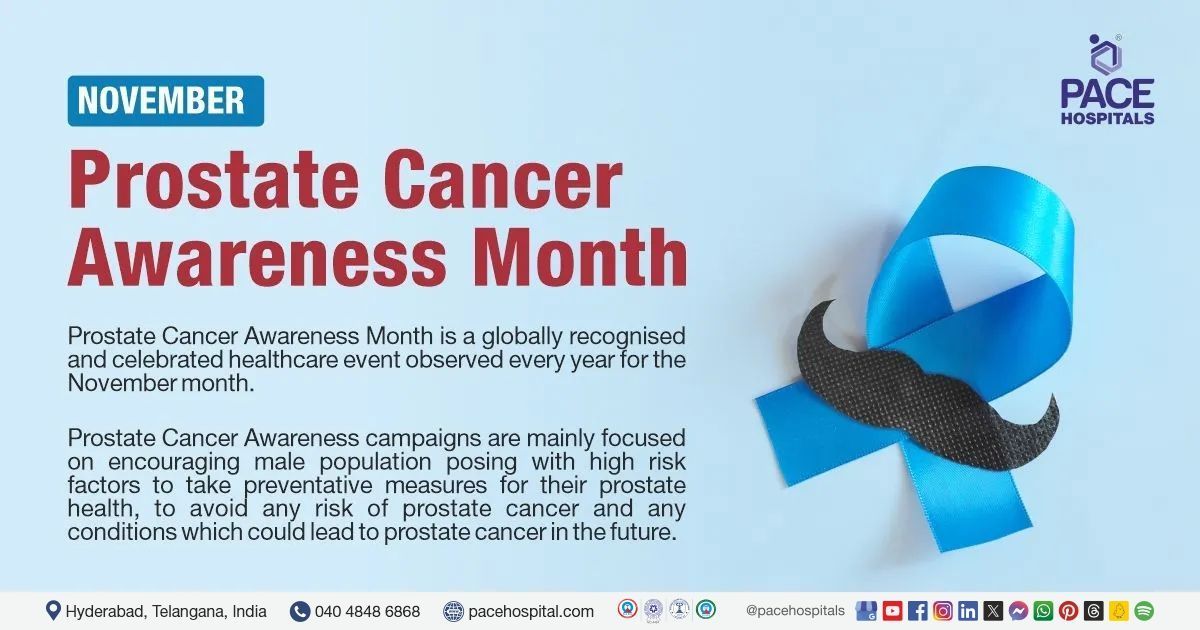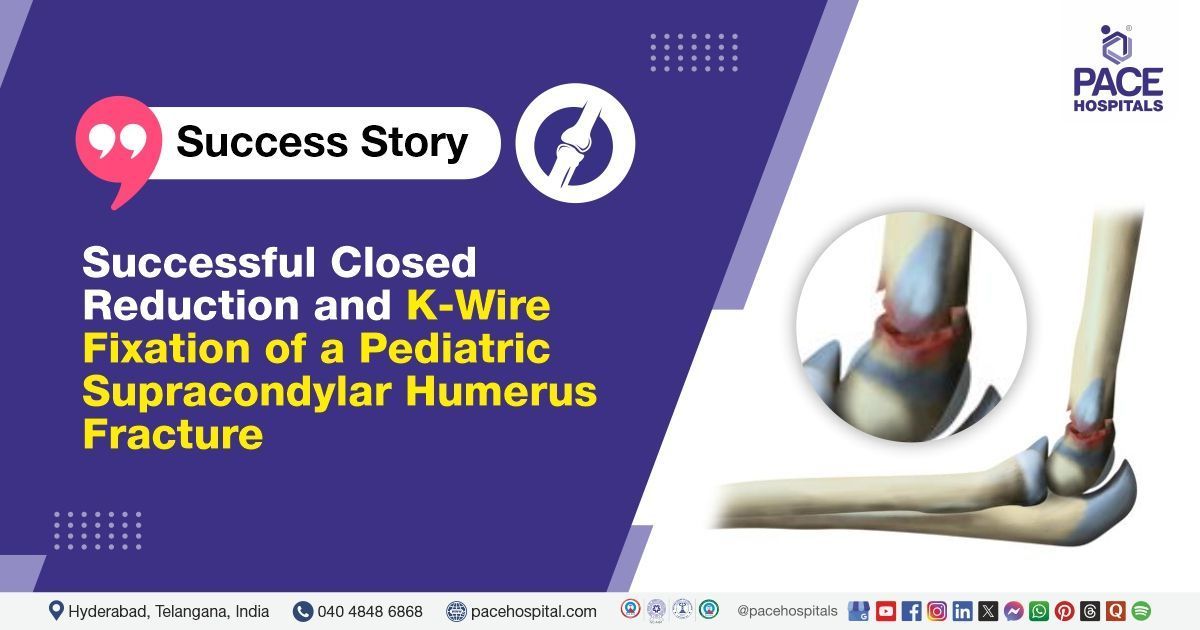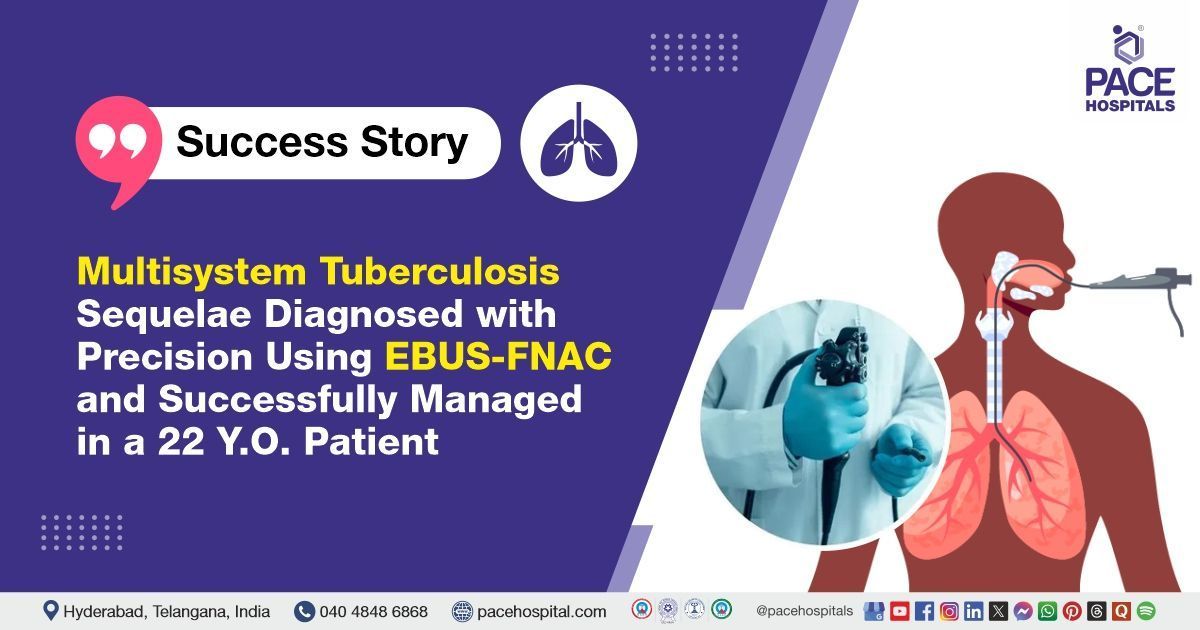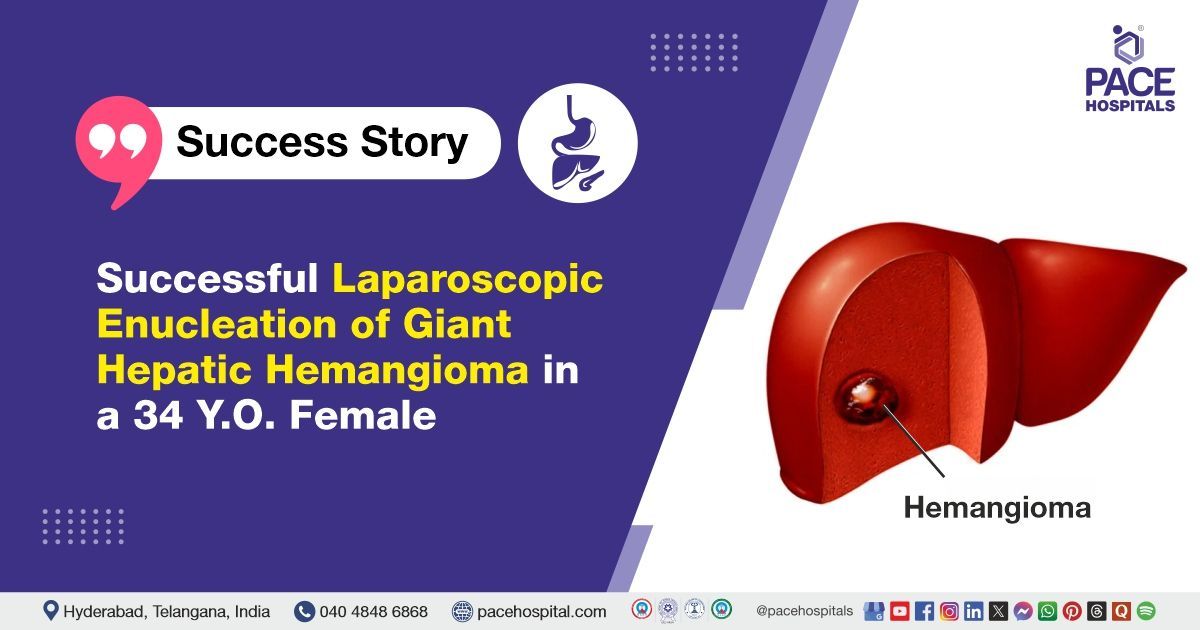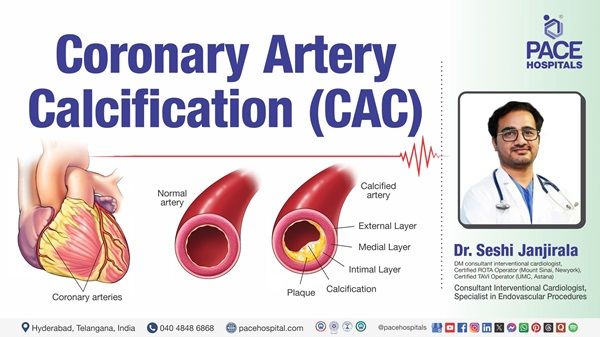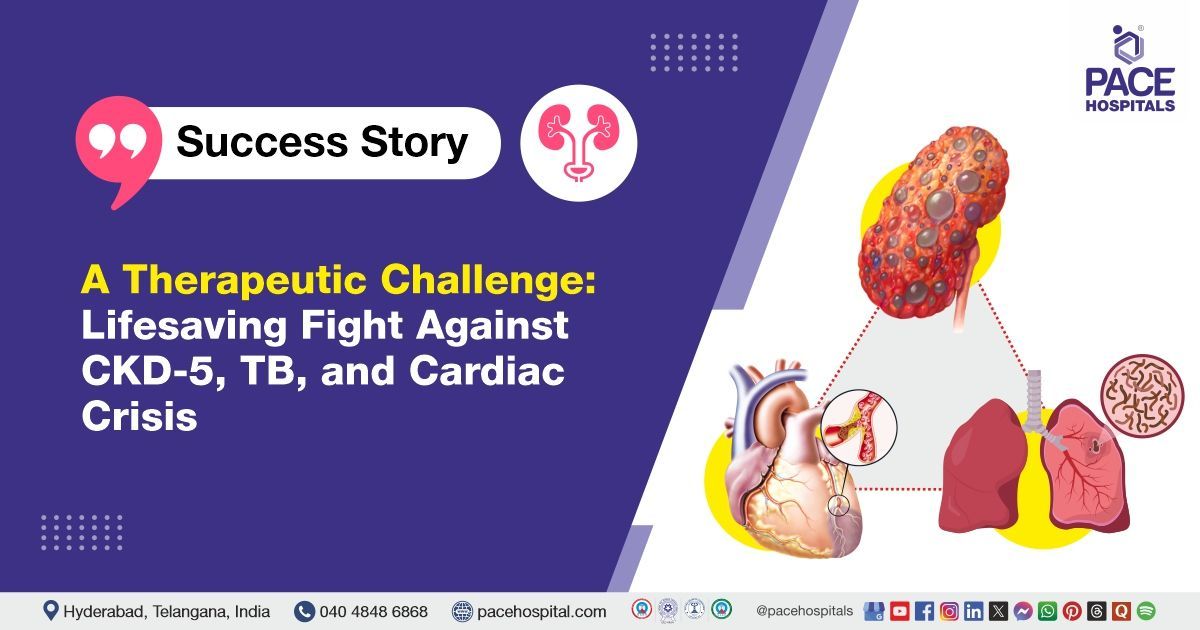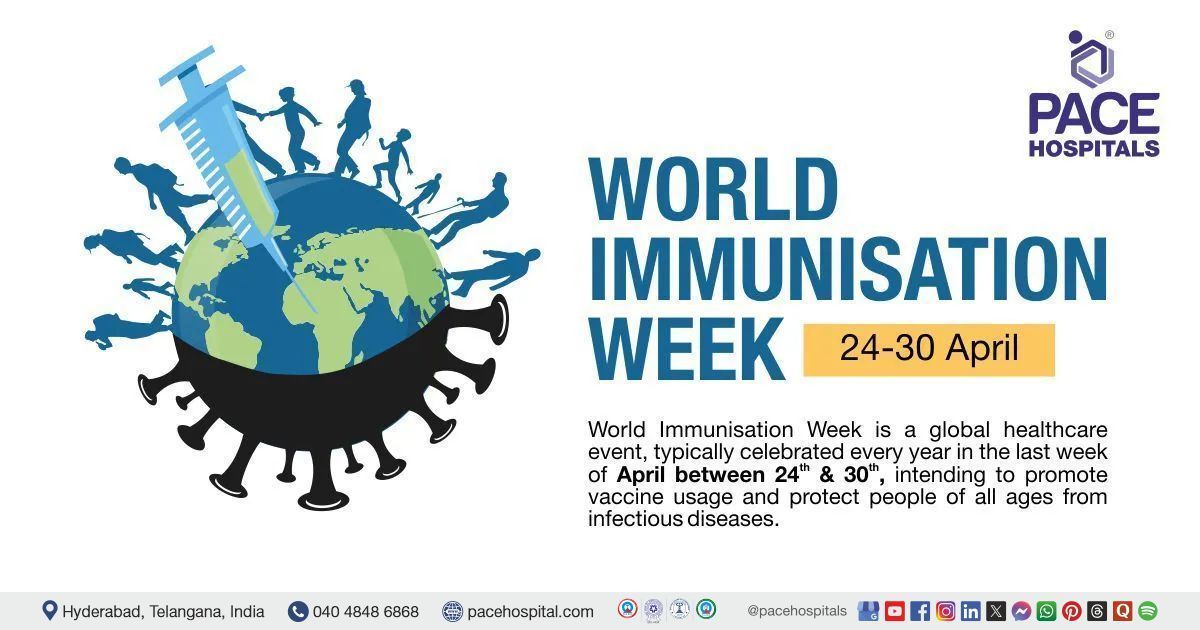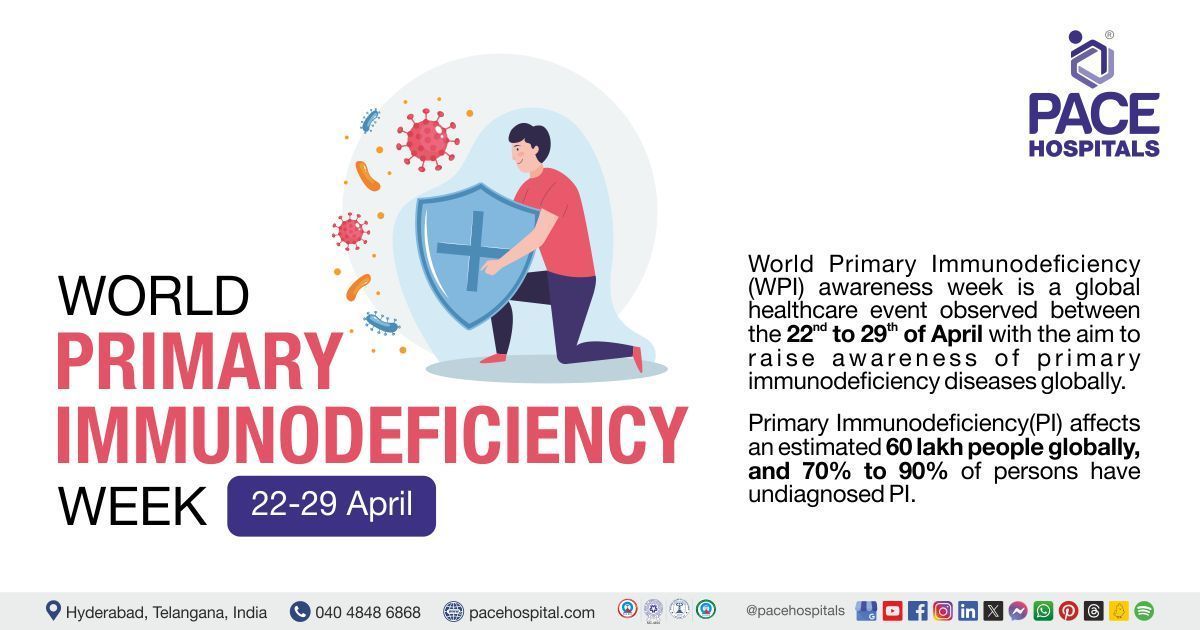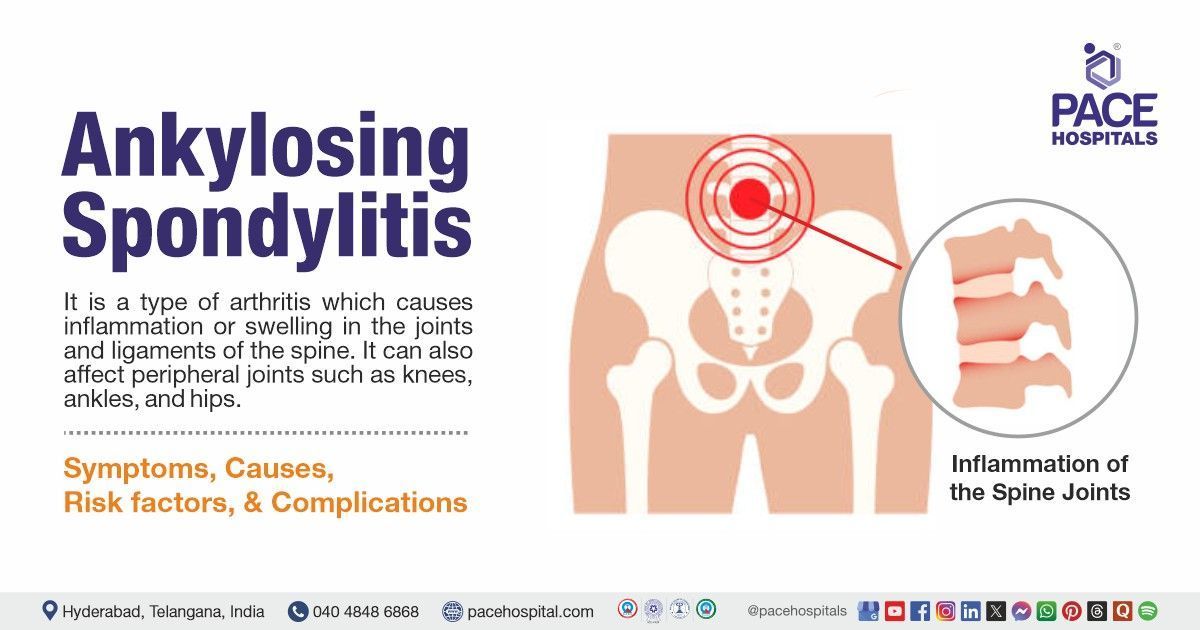Prostate Cancer Awareness Month November 2024 - Importance & History
Prostate Cancer Awareness Month is a globally recognised and celebrated healthcare event observed every year for the entirety of a November month. During the entire month various awareness campaigns and activities to promote are conducted by several organizations across the world in understanding the early diagnosis, treatment and the preventive tips for prostate cancer.
Prostate Cancer Awareness campaigns are mainly focused on encouraging male population posing with high risk factors to take preventative measures for their prostate health, to avoid any risk of prostate cancer and any conditions which could lead to prostate cancer in the future.
Importance of Prostate Cancer Awareness Month (PCAM)
The prostate cancer in India is increasingly becoming very common, especially in the metropolitan cities of India. Earlier it was the 8th common cancer in males in the 1990s, but now it moved to 3rd place by 2015. This is very unfortunate because prostate cancer is one of the very rare type of cancers which can be prevented 100% when detected early.
Acknowledging the fact that the prostate cancer is responsible for the increased death toll over the years is disheartening when it was understood that each patient could be saved and every death could be prevented 100% - only if proper awareness was as widely spread as breast cancer awareness. In India, a total of 37,416 cases of prostate cancer were reported in 2016. It was projected to increase to over 47,000 cases by 2025.
For early detection of prostate cancer, men must be actively screened. Although the screenings are done, they could accelerate a thousand-fold only if the awareness of prostate cancer is rampant and when the people can understand this is a completely preventive and thus, awareness can be life-saving.
This explains the necessity and importance of Prostate Cancer Awareness Month.
History of Prostate Cancer Awareness Month (PCAM)
As the looming dread of prostate cancer hung over the planet, various organisations and government agencies have started to spread awareness and early detection by campaigning through Prostate Cancer Awareness Month. The Prostate Cancer Awareness Month established by one organisation need not be synchronous and consistent with the other organisations around the world. For example:
- The Canadian government in Nunavut recognised November Prostate Cancer Awareness Month since 2015
- The North American health experts, health advocates, and individuals concerned with men's prostate health and prostate cancer established September as Prostate Cancer Awareness Month since 1999.
- University of Wisconsin in America is promoting the Prostate Cancer Awareness Month in November as “National Men’s Health Awareness Month”
- Similarly, in the
United Kingdom, Australia, and in a few states of the United States, and other countries,
"Movember" (Male November) is an awareness campaign in which men grow out their facial hair for men's health
(No Shave November), especially prostate cancer, during the month of November. Various resources for raising prostate cancer awareness distributed to Prostate Cancer Awareness Month.
Hope for Prostate Cancer Awareness Month (PCAM)
Despite the impending death toll, a hope for change can still be expected with the awareness campaigns. According to a 2018 study, males would respond to a gender-specific health promotion campaign. Men are willing to respond to the masculine motivation in improving the poor health behaviors, such as invoking nostalgia from earlier sporting experiences. Prostate Cancer Awareness Month (PCAM) may be able to leverage these masculine-focused techniques to remove the negative stigma associated with men's health advocacy.
Preventative measures for Prostate Cancer
Prostate cancer is primarily a “disease of aging” which meant in the proportionality of increasing the chances of developing prostate cancer with age. Along with uncontrollable factors such as age, race and genetics, there are also controllable factors which can help in the reduction of prostate cancer risk. They include:
- Diet and Lifestyle
- Maintain a Healthy Weight
- Stop Smoking and Drink Less
- Increase vitamin D
- Staying Sexually Active
Diet and Lifestyle
- Poor eating habits with high fats and animal proteins can damage DNA and contribute to cancer.
- Reduce fat consumption.
- Consume fewer trans and saturated fats.
- Concentrate on healthy fats like omega-3 fatty acids from nuts, seeds, and seafood.
- Increase intake of fruits and vegetables. Antioxidant lycopene, abundant in tomatoes, can decrease the development of prostate cancer cells. Sulforaphane from broccoli and cauliflower can protect against cancer.
- Charred meat must be avoided, as from high-temperature frying or grilling may generate a chemical component that causes cancer.
Maintain a Healthy Weight
- Obesity increases the chance of aggressive prostate cancer. Maintaining a healthy weight with advance in age can lower risk of cancer.
- Exercise, apart from helping lose weight, can lower inflammation, and negate the impacts of a sedentary lifestyle also boost immune function which can help prevent cancer.
Stop Smoking and Moderate Drinking
- Quitting smoking can benefit health can decrease cancer risk.
- Drinking in moderation helps as red wine offers antioxidant characteristics that may be beneficial for health.
Increase Vitamin D
- The majority of individuals do not receive enough vitamin D, which can help guard against prostate cancer.
- Cod liver oil, wild salmon, and dried shitake mushrooms are all high in vitamin D.
- Many doctors advocate taking 10 minutes of sun exposure (without sunscreen) every day since the sun is a better, more easily available source of vitamin D.
- Vitamin D pills can be recommended by doctors if necessary.
Stay Sexually Active
- According to studies, men who ejaculate more frequently (with or without a sexual partner) are up to two-thirds less likely to be diagnosed with prostate cancer.
- Experts believe that ejaculation clears the body of toxins and other elements that may cause inflammation.
Know more: Diagnosis and Treatment of Prostate Cancer
Share on
Request an appointment
Fill in the appointment form or call us instantly to book a confirmed appointment with our super specialist at 04048486868

